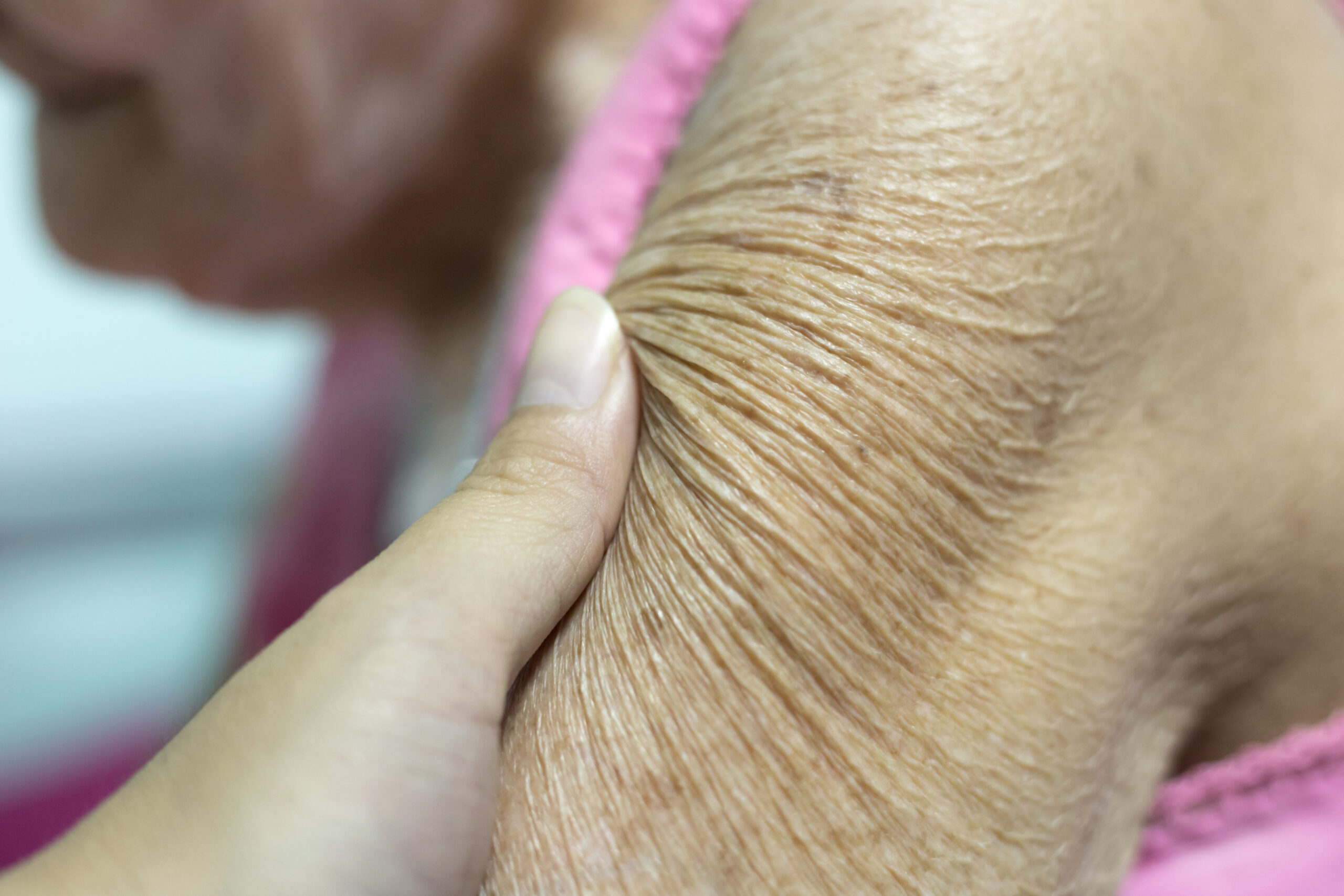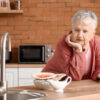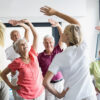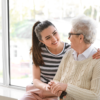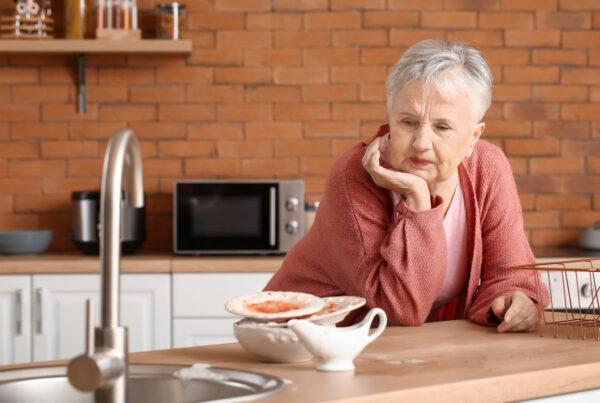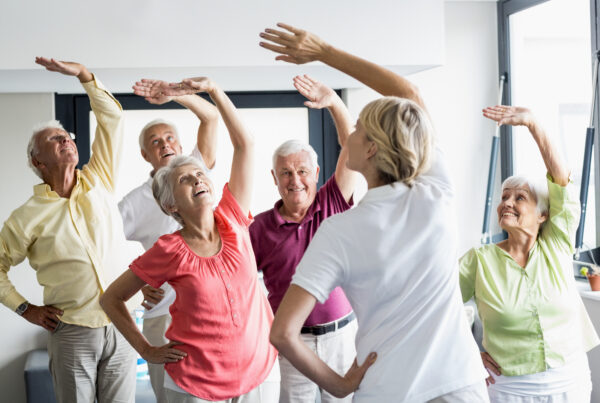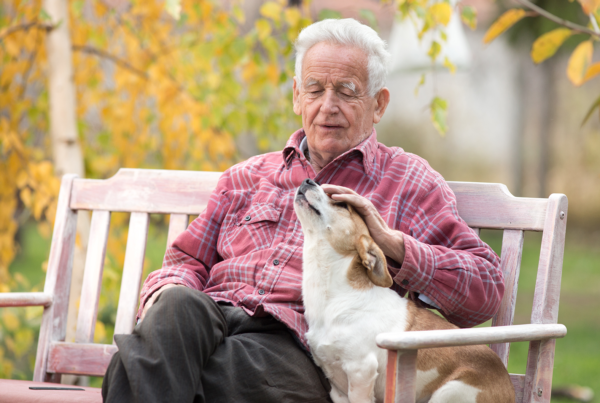While good skincare habits can help keep skin healthy for people of all ages, it’s crucial for adults reaching older age to take care of their skin.

Regular care and attention, and the use of SPF, can reduce the risk of skin cancers like squamous cell carcinoma, skin tears and other skin changes.
Taking care of elderly skin needn’t be a hassle, though. Here are some useful tips to help keep it in good condition.
How to care for elderly skin
Most of the tips below focus on day-to-day routines for promoting skin health, such as bathing and moisturising, which can help to keep skin healthier and looking more youthful.
If you’re looking after somebody with sensitive skin, or even if you’re getting into your later years yourself, the following tips could help slow down the ageing process:
1. Bathing elderly skin
You can help to prevent or at least reduce the occurrence of dry and itchy skin or other skin disorders by changing a few aspects of your or your patients’ daily bathing routine:
- Use natural, fragrance-free, moisturising soaps. Fragranced products can lead to drier skin and itchy rashes, and many people have problems with a compound called SLS that helps many body washes to lather. Focusing on products that contain moisturisers, such as glycerin, lanolin, and hyaluronic acid, which can help to keep skin from drying out.
- Make sure that the water isn’t too hot. Use warm water, as excessively hot water removes the natural oils from the skin, contributing to skin dryness.
- Use a soft flannel to wash. Using loofas or other abrasive tools can cause irritation and broken skin, particularly in older adults.
- Don’t stay in the shower or bath for too long. Whether bathing daily or on alternate days, try to limit your or your patient’s time in the water to around 5 to 10 minutes.
- Pat your skin dry as opposed to rubbing. Rubbing with a towel can also contribute to irritation. Instead, pat the skin down, but leave a little water present, which will help when applying moisturiser.
- Use a fragrance-free moisturiser after bathing. This will help to restore some of the moisture that can be lost during the bathing process and day-to-day life, keeping the skin hydrated.
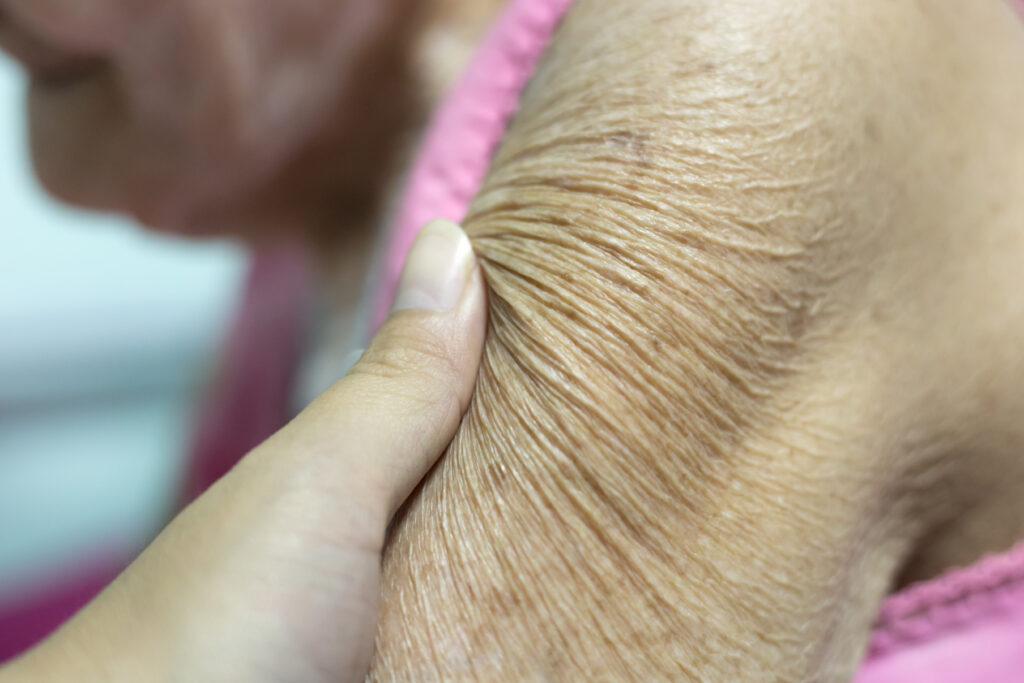
2. Creating a skin-friendly environment
Central heating and air conditioning systems can remove moisture from the air, making people more at-risk of dry, itchy skin. Ideally, humidity should be kept at around 40-60% to avoid contributing to dry skin. A hydrometer can measure the air humidity, and you can use a humidifier, care policies allowing, if you need to balance the level of moisture in the air.
3. Caring for pressure-sensitive areas
When bathing, care should be taken to avoid areas that are sensitive to pressure, as these spots are more likely to develop into pressure sores. These include the elbows and hips, in addition to the sacrum, shoulders, spine, and lower areas of the leg and heel.
4. Checking for signs of skin cancer
The risk of developing skin cancer rises with age, particularly into the 50s and 60s, so it’s important to keep an eye out for warning signs. Early removal of pre-cancerous growths can prevent the need for further treatment.
If you notice an unusual mole or other mark, particularly one that changes over time, bleeds, or itches, then a medical opinion should be sought.
5. Avoiding unnecessary sun exposure
It’s important to avoid getting too much exposure to the sun. This will help to prevent blotches and age spots, as well as reducing the risk of skin cancers. Avoid the midday sun, wear protective clothing, and remember to use sunscreen on sun exposed areas.

Showing dignity and respect
If you’re a carer who looks after the elderly, then you should always bear these factors in mind.
Losing your independence can be a difficult time, so exercising empathy and taking additional steps to maintain dignity and privacy are important.
- If patients can take care of private areas themselves, then you should always give them the option to do so.
- Maintaining an unrelated conversation or even talking about what you’re going to do as you do it can help to remove some of the anxiety and embarrassment that patients may face.
- While washing, try to keep areas of the body that are not being washed covered with a towel.
- Ideally, there should be a shower chair so that people can change and cover themselves with a towel, preserving dignity and minimising the time spent exposed.
With the tips outlined above, there’s no reason that you can’t help people to maintain their skin’s integrity and their own modesty when taking care of elderly skin.
